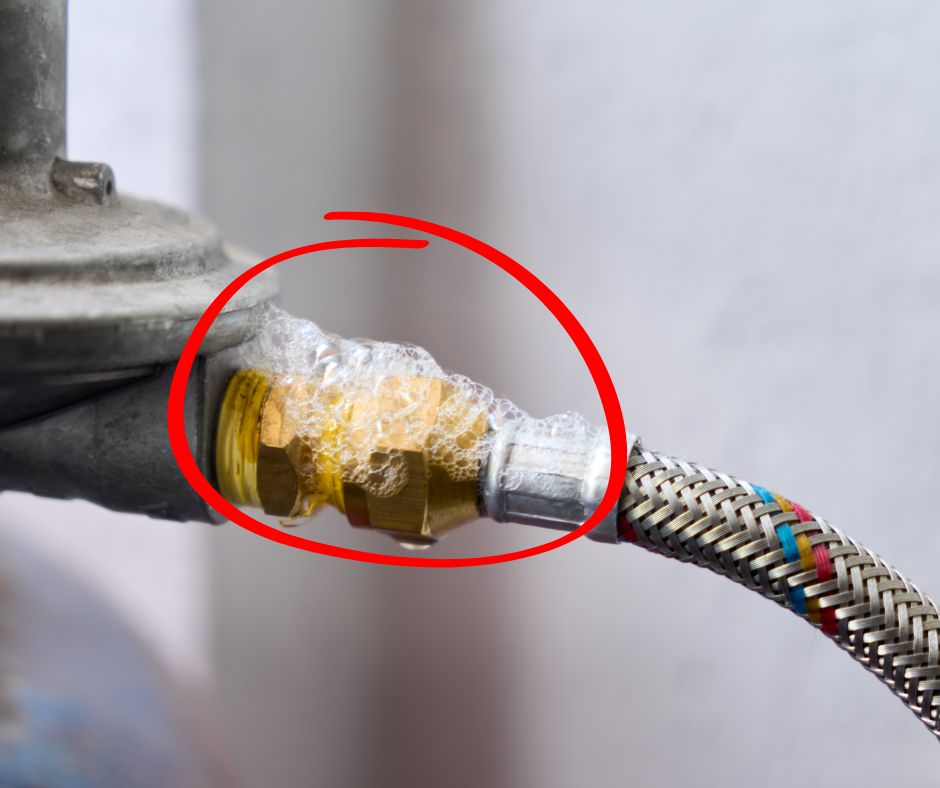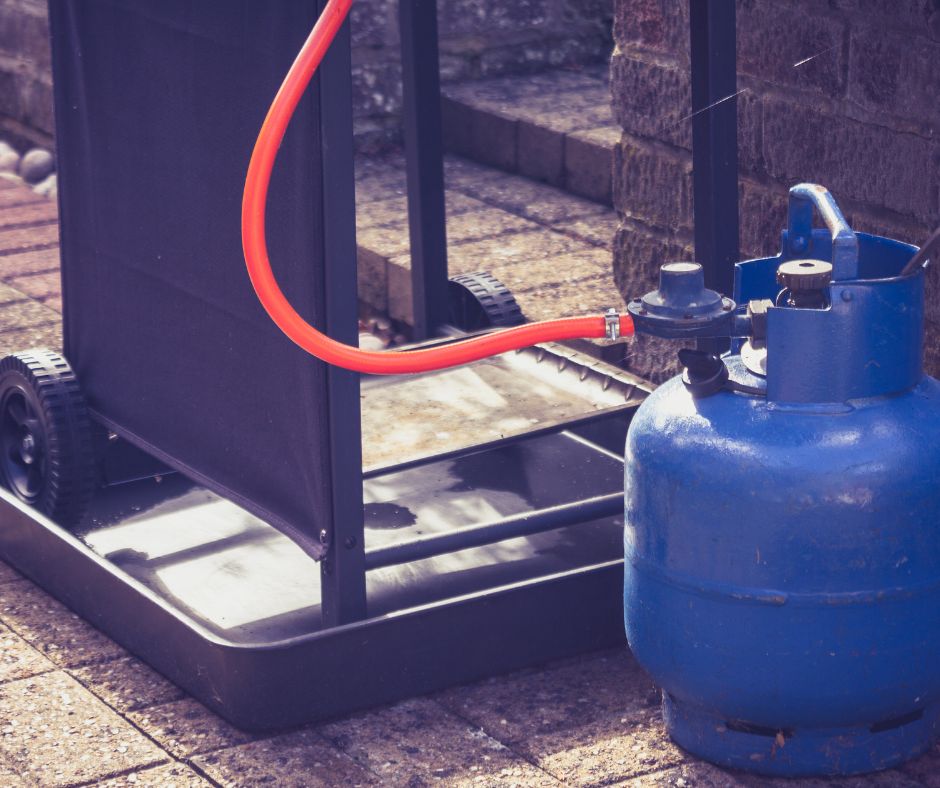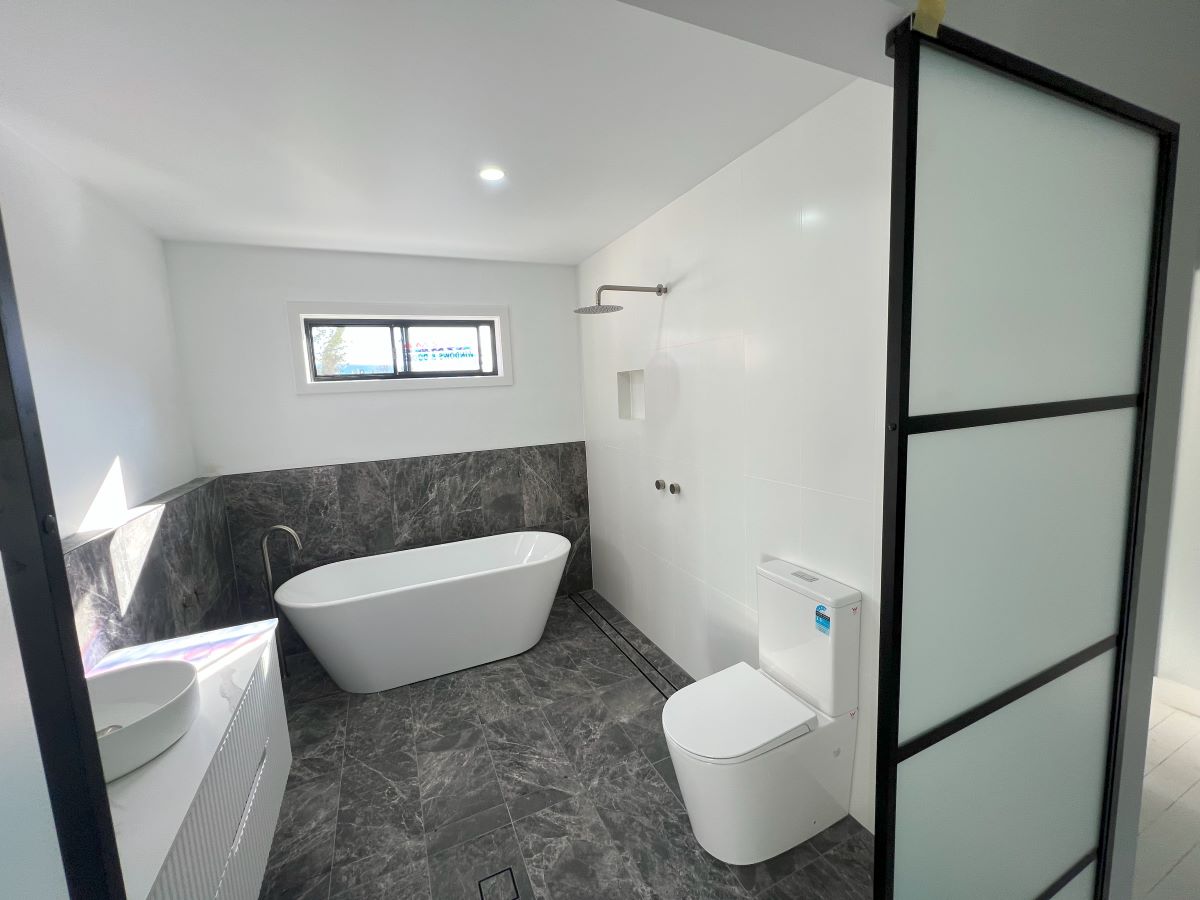
What are the warning signs of a gas leak in your home?
Common signs of a gas leak include a strong rotten egg smell, hissing or whistling near gas appliances or pipes, yellow or orange flames instead of blue, unexplained headaches or dizziness, and dead plants near outdoor gas lines. If you notice any of these in your Wollongong home, turn off your gas supply at the meter, open windows to ventilate, and contact a licensed gasfitter immediately.

When To Call A Gasfitter
A gas leak is not something you wait on. One spark is all it takes to turn a quiet kitchen into a danger zone. Whether it’s a faulty connection, an aging appliance, or corrosion in a buried gas line, fast detection and the right response can prevent injury, property damage or worse.
Wollongong homes, particularly those with older gas heaters or unventilated installations, carry a higher risk if gas systems are not regularly inspected.
In this guide, we explain how to detect a leak, what to do in those first few minutes, and when to call a licensed gasfitter for urgent repairs.
Warning Signs of a Gas Leak at Home
1. Rotten Egg Smell
Natural gas is naturally odourless. Suppliers add mercaptan, a sulphur-based compound, so you’ll smell a distinct sulphur or rotten egg scent if there’s a leak.
2. Hissing or Whistling Near Appliances
Gas under pressure escaping from a pipe or hose will often make a soft but noticeable hissing noise.
3. Discoloured Flames
Gas cooktops and heaters should burn with a crisp blue flame. If flames are yellow or orange, or flicker irregularly, it could signal incomplete combustion—often caused by gas leaks or blockages.
4. Physical Symptoms
Frequent headaches, dizziness, nausea, or fatigue in enclosed spaces could be signs of gas exposure or carbon monoxide buildup.
5. Dying Houseplants or Outdoor Plants
Gas leaks near outdoor lines or under slab connections can kill nearby vegetation over time due to displaced oxygen.

What to Do If You Suspect a Gas Leak
1. Turn Off the Gas Supply
Locate the gas meter and turn the valve clockwise to shut off supply to the home. It is usually on an exterior wall, near the front or side of the house.
2. Do Not Use Any Electrical Devices
Avoid switching on lights, appliances, or power points. A single spark can ignite leaked gas.
3. Open All Windows and Doors
Ventilate the space as much as possible. Cross-breezes are especially effective in dispersing built-up gas.
4. Do Not Attempt Repairs
Only licensed gasfitters can legally repair or reconnect gas systems in NSW. Tampering can create further risk and void insurance policies.
5. Call a Licensed Gasfitter Immediately
For emergency response in Wollongong and surrounding suburbs, contact CS Plumbing’s licensed gas services or our 24/7 emergency plumbing team.
Compliance and NSW Gas Safety Laws
In New South Wales, all gasfitting work must comply with the Gas and Electricity (Consumer Safety) Act 2017 and be carried out by a licensed gasfitter.
Request a Certificate of Compliance after any regulated work.
Wollongong homeowners are legally responsible for ensuring their appliances and installations are maintained and repaired only by licensed professionals.
How to Prevent Gas Leaks in the Future
- Book annual gas safety inspections, especially before winter use
- Replace old flexible gas hoses and bayonet fittings if cracked or brittle
- Keep vents and exhausts clear of obstructions
- Check for corrosion on outdoor connections after heavy rain or coastal exposure
- Use branded, certified gas appliances only

Contact Us
Our Services
Get A Free Quote
Contact us for a free, no-obligation quote on your plumbing needs.



